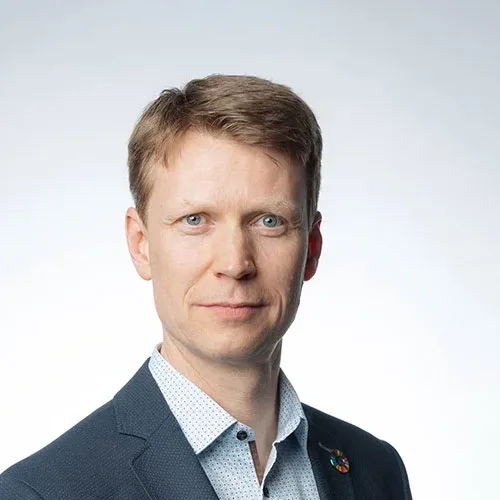For companies to remain competitive and resilient in a changing world, they must integrate climate action into their core strategy.
Keeping global temperature rise within 1.5°C above pre-industrial levels requires the rapid transformation of systems to decarbonize at an unprecedented scale while also strengthening climate resilience. Businesses need to match their climate ambition with robust strategies and implementation to accelerate the systems transformation we need.
The WBCSD Climate Imperative empowers businesses to future-proof their businesses by embedding climate action into strategy, operations, and disclosure. We address the most pressing strategic and technical decarbonization and resilience opportunities and challenges, supporting our members to drive the systems change needed for a Net Zero and climate-resilient future.


